One of the most heartbreaking things I see too often is the ineffective accounting software upgrade. How can an increase in functionality be ineffective? There’s one huge way…when you have someone who refuses to use the new technology.
We have all seen companies that pay a lot of money for computer upgrades. Management spends a lot of time and money on the computers, software, training, and troubleshooting. Everything seems to be going great until someone makes a simple request.
Reluctance to Use Accounting Software Upgrade
Susan (our intrepid accounting clerk) receives a request and comes clean. She doesn’t know what the new system can do. And she doesn’t know anyone in the company who can use the system to generate an accurate report. Everyone finds the new accounting software to be annoying.
She (and everyone she knows) uses the new software a little but primarily they use EXCEL or some other tool not connected to the accounting software to produce records. There are pockets of incomplete information in the private files of individuals all over the company.
Not only is the expensive software not being used, the data needed to produce any usable reports is not centralized or fully integrated. The worst part of this is the company is vulnerable to the availability of several people because key data is in places known to no one but the person who put it in a “hidden place.”
This scenario is common in the audit context. Management thinks the new software is wonderful and they are confident that the audit will be fine because they have a wonderful accounting software upgrade. They find out during the audit that 1) staff isn’t using the software as intended; 2) the reports generated in the new accounting software are not accurate because no, inaccurate or incomplete data is being uploaded; or 3) there are issues with the new software that have not been addressed because someone (sometimes only one person) uses an off-the books fix to address issues.
The upgrade wasn’t an improvement at all. The internal data of the company is inaccurate, incomplete, hard to track, and countless amounts of time and money have been spent on a system that is not being used. On top of that the company is going to pay someone to populate the system, correct errors, and pay any third parties, including tax authorities, amounts due because of the ineffective implementation.
Ensuring Your Staff Embrace the New Software
The bottom line is you must be aware if you have any renegades in your organization, i.e. people who are resistant to and refuse to change. Have interim checks to be sure that all is well with the software upgrade or conversion. Make sure you have access to detailed accounting records for periods prior to the software conversion.
Employers should also force everyone to go on vacation at different times to ensure that the computer system and your company can function in everyone’s absence. It is also wise to have at least a couple of employees who are fully trained on the functionality of the software and how to run reports.
We have all listened to our mothers gripe at our dad about the “new” tv remote control. It goes something like this “Why is that every time I learn how to use the remote control you buy something else?! One day I am going to get rid of it all!” We’ve all heard it and laughed out loud. Who truly needs a phone that functions as a remote control?
Some people who love the latest gadget or software in order to be more efficient can leave others feeling flat footed. At home it can be amusing. At work it’s expensive. Watch your people and remember the upgrade is only as good as the people using it.

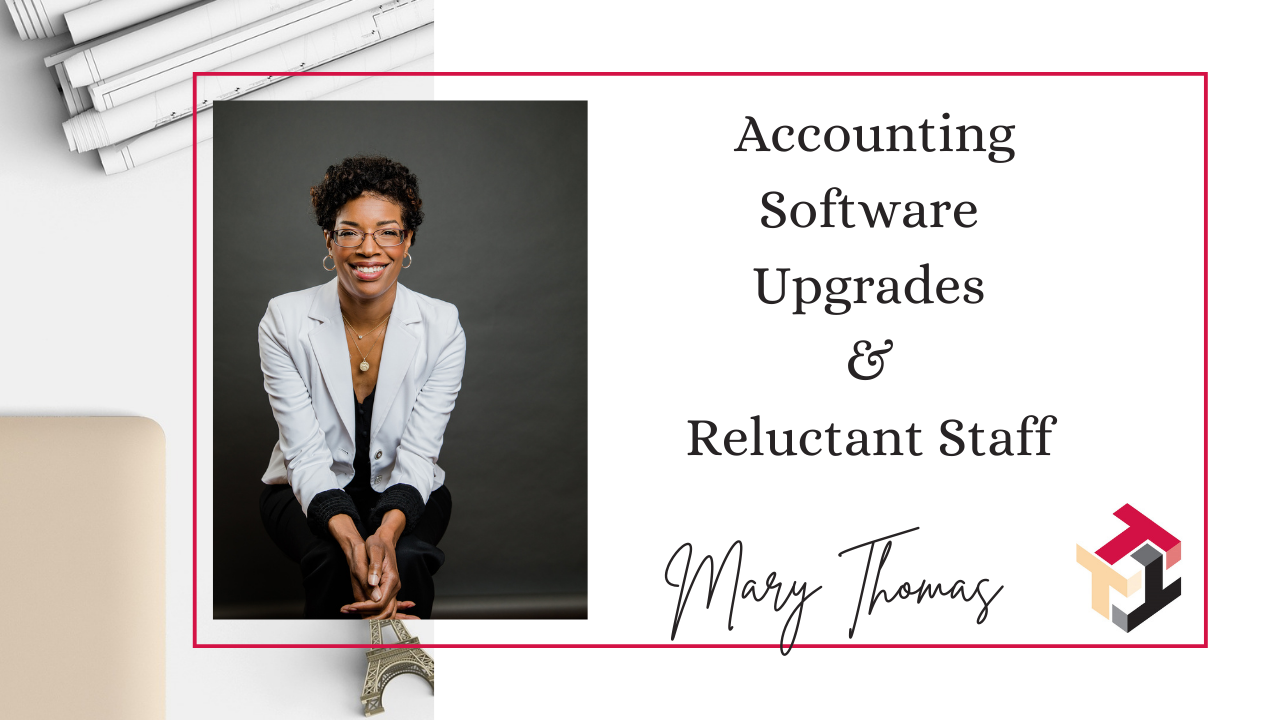
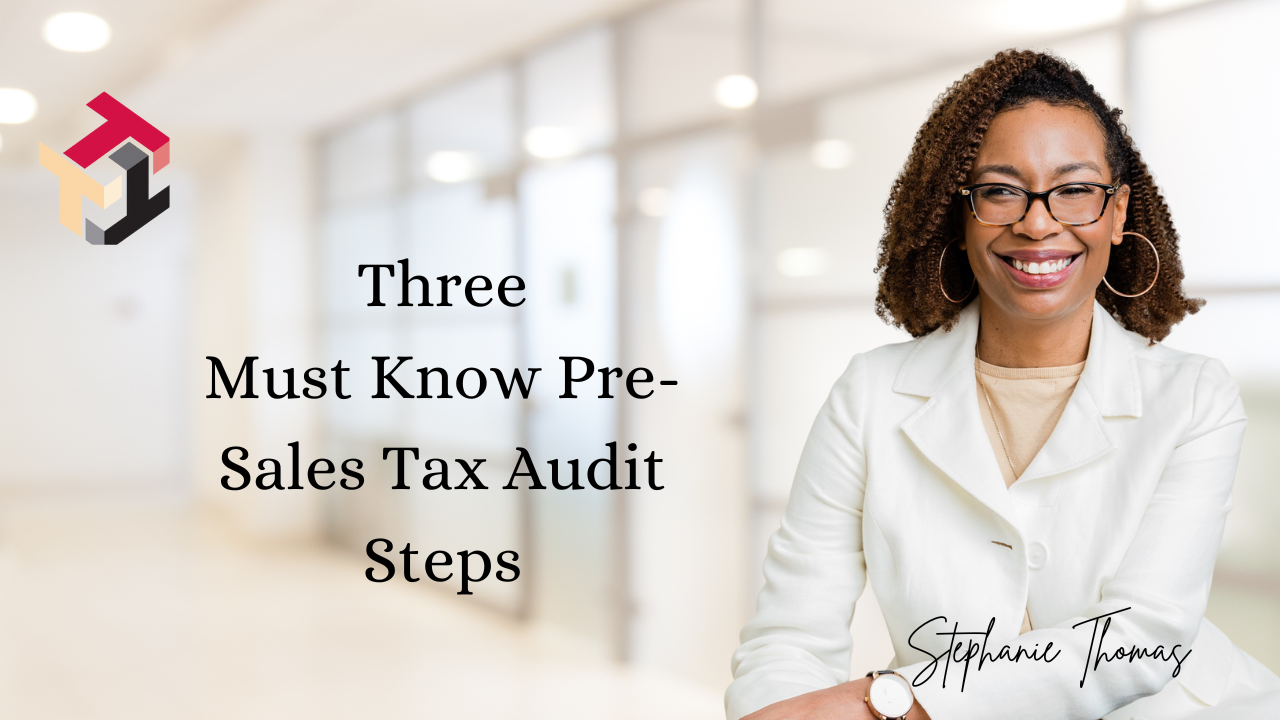

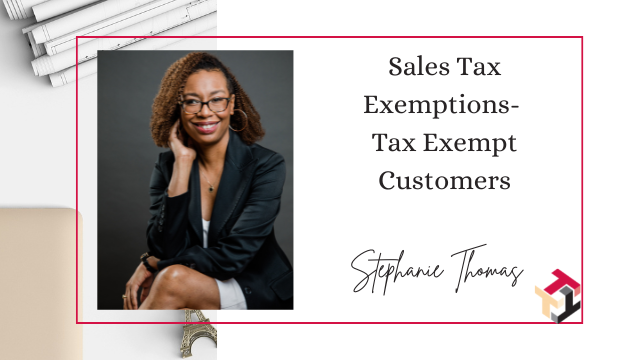
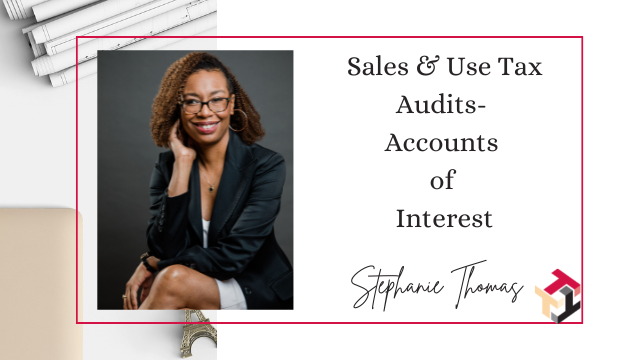

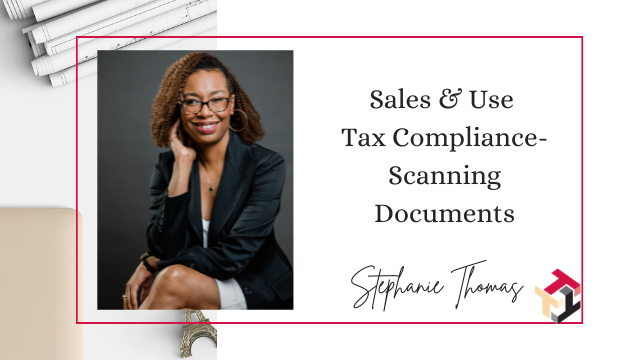



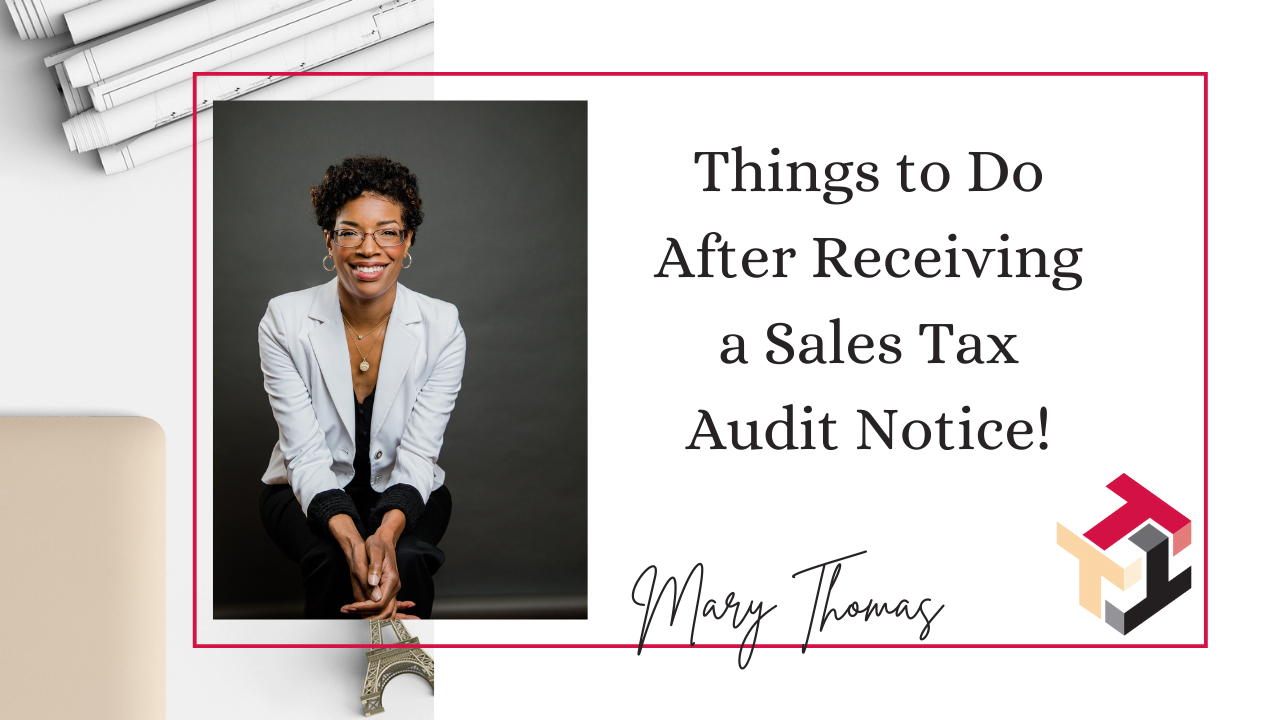


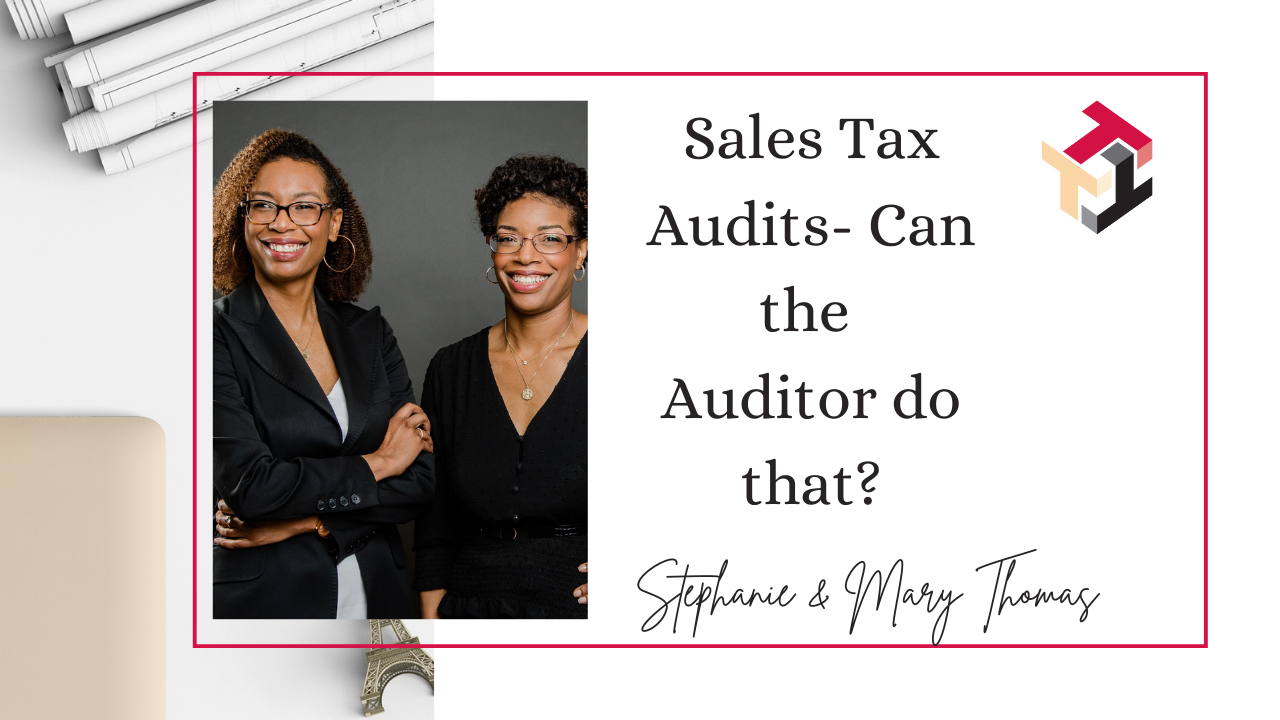


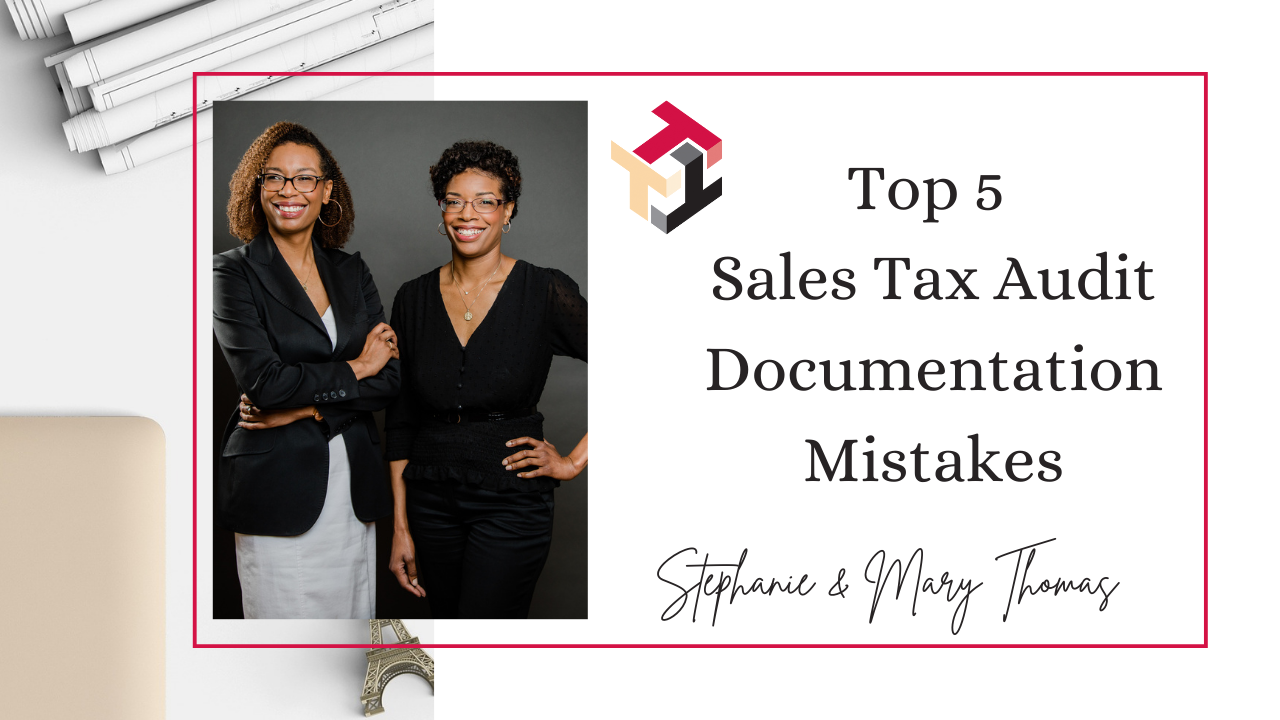


0 Comments